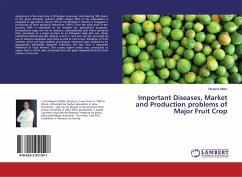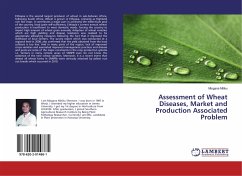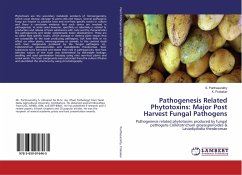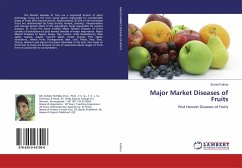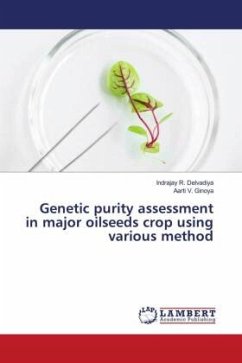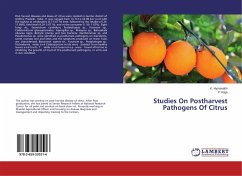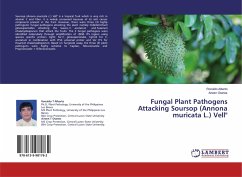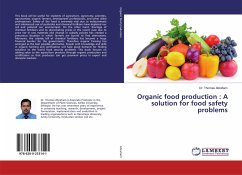Agriculture is the main stay of Ethiopian economy, contributing 50% share in the gross domestic product (GDP). About 85% of the population is engaged in agriculture; about 75% of the Ethiopia's industry is engaged in processing of farm products (Yohannes, 1991). From the total area in the country, 69% is estimated to be suitable for agricultural purposes. Horticultural crops are rich in vitamins, carbohydrates and other nutrients that contribute to a major portion to an Ethiopian daily dish mix. Some nutritional deficiencies like vitamin A and C, and iron can be corrected by use of selected vegetable and fruits as well as root crops. Adoption of fruit varieties which are high yielding and disease resistance were realized to be appropriate alleviating measures following the fact that it improved livelihood of local farmers. The survey report which was conducted at region level in 2014, also confirmed that the yield obtained from the local cultivars is too low.
Bitte wählen Sie Ihr Anliegen aus.
Rechnungen
Retourenschein anfordern
Bestellstatus
Storno

